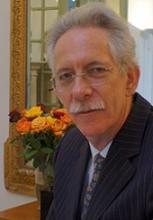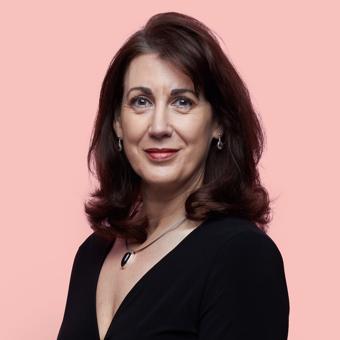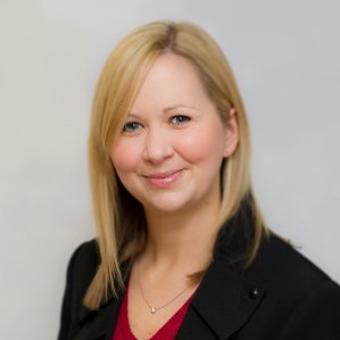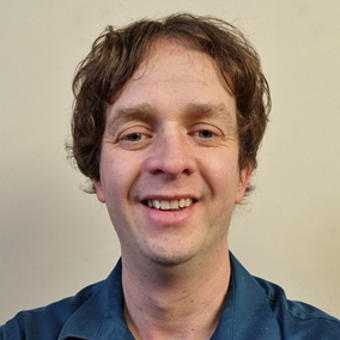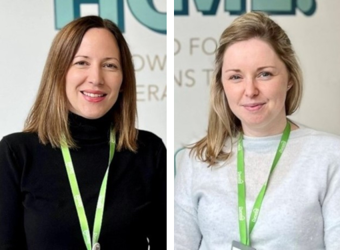George Rosenberg - director of Exarchou & Rosenberg International Ltd...
George, firstly can you tell the readers of The Brief a bit about your own background and career?
I originally qualified as a barrister and solicitor in New Zealand in 1973. After beginning my career there and setting up my own firm, I moved to Hong Kong and joined the Hong Kong Government Legal Department in 1984. Except for an interlude in England in the late ‘80s, I remained in Hong Kong until 1996. I cut my teeth in construction law there and after a period heading up the legal department of the HK Government’s New Airport office (at that time the largest construction project in the world), I joined McKenna & Co in HK as a partner. When I moved to the UK, I became a partner in the boutique construction firm Shadbolt & Co. After 10 years there, I moved on to Corbett & Co, a very highly regarded specialist international construction law firm. For the last 20 years, virtually all my work has been international. Finally, two years ago Alex Exarchou and I formed Exarchou and Rosenberg International; the new firm is an outgrowth of this.
The SRA has granted Exarchou and Rosenberg International an ABS licence with effect from 1st March. You currently run the firm out of Athens so why did you decide to relocate the headquarters to London?
When we established the present firm we were not able to register it as a legal practice because Alex has never been admitted to the Bar in Athens. We always planned to convert to a properly regulated law firm and the opportunity came with the introduction of Alternative Business Structures. At the moment, England is the only country where such structures are permitted. However, an additional reason to choose the SRA route was because of the high respect of English legal regulation in the marketplace. There are a lot of non-lawyers competing for construction law clients and the industry is confused, so we feel the SRA mark gives us a status which properly reflects the nature of our firm and the quality of our work. This will help us in our marketing and also provide additional assurance to our existing clients.
What are the core specialisms of the firm?
All our work revolves around the international construction industry. We advise clients in the contract formation stage – i.e. on the terms of construction and related contracts. We also advise on claims and dispute resolution. Given the nature of the industry internationally, the majority of dispute work is in international arbitration but we also participate in other forms of ADR such as mediation. We also have a strong offering in corporate finance which we make available to our clients – again usually centring on construction and real estate. We don’t sit in our office and give theoretical advice; we travel to where our clients are working and make sure that the advice is relevant to their environment.
You’ve said that you specialise in construction so what are your thoughts on the UK property and construction sectors as there has been a lot in the news about house prices and the need for more spending on infrastructure?
At present we have no work in the UK. Our focus is very much international. On that score, we notice that many of our UK competitor law firms are also looking to expand internationally which is probably an indication that the construction law market in the UK is weak.
You currently have a team based in London so what are the main challenges that you are facing in establishing and growing your presence in the UK?
Our presence in the UK will be very much focussed on UK clients working internationally rather than in the UK. Up to now, we have not been successful in this market and the feedback we have had is that UK firms are looking for UK law firms or for firms based in the market they are operating in. We now have an offering which we think will be attractive and this is where we will be concentrating.
How closely will the London team be working with your other offices in Europe and the Middle East?
Our whole structure is very mobile. Our UK based lawyers are presently all working on international work in the places where our clients need us. The teams we put on cases are based not on the location of the team members but on the skills needed for the project. I do not see this changing.
What do you think will be the main growth areas in the short to medium term for you? What are your aims, ambitions and vision for the next five years?
Our short, medium and five year vision is very much to continue focussing on our specialist skills. We expect that we will develop relationships with more UK clients and our growth will be organic. The present size of the practice is a comfortable one (13 lawyers) and easy to manage. Greece at the moment is dead as a market for our skills but we hope that once the present crisis has passed, and there are projects attracting international contractors, we will be the first choice law firm for their Greek work. However, at the moment, our work will continue to be substantially focussed on the Middle East and North Africa.
Finally, what do you think sets Exarchou and Rosenberg International apart from its competitors?
We have taken the concept of an international construction boutique to its logical conclusion. We have a good mix of civil and common lawyers. This very much reflects the fact that our clients have to work in an environment where legal systems differ from project to project. We have built a team who are not only willing but eager to travel where our clients need us. They are very used to the same environment that our clients have to work in. It is sometimes isolated and often difficult. There are cultural and language barriers to overcome. These are all second nature to our whole team and that is a feature which few of our competitors can offer.
